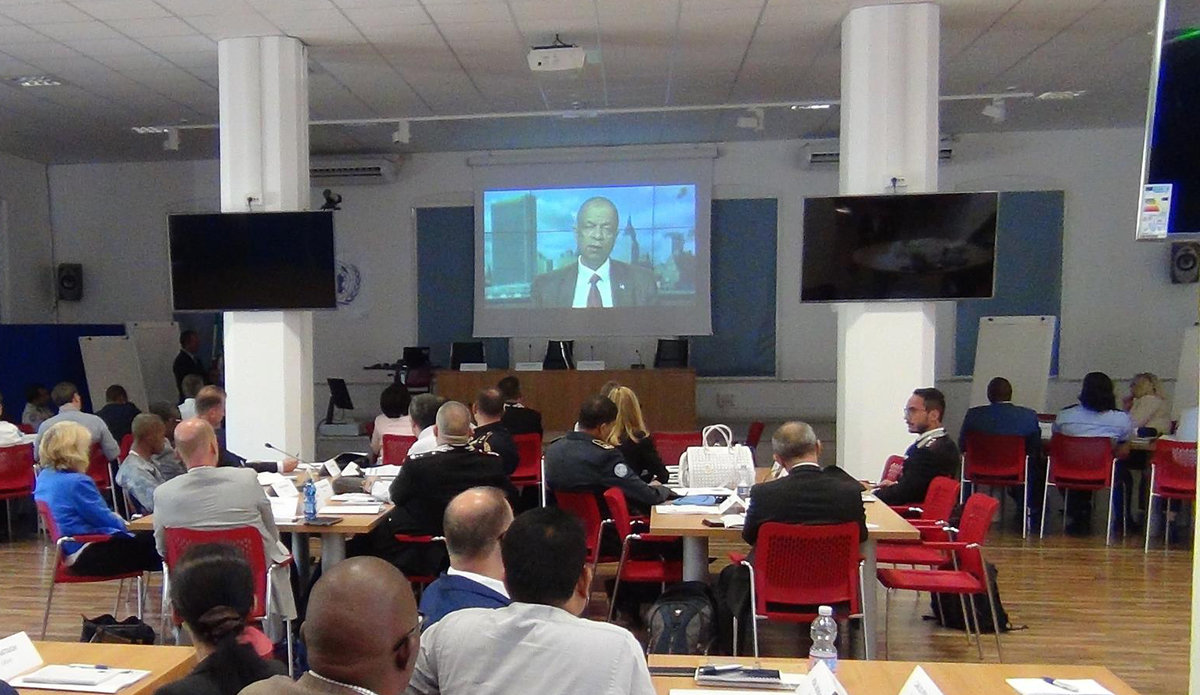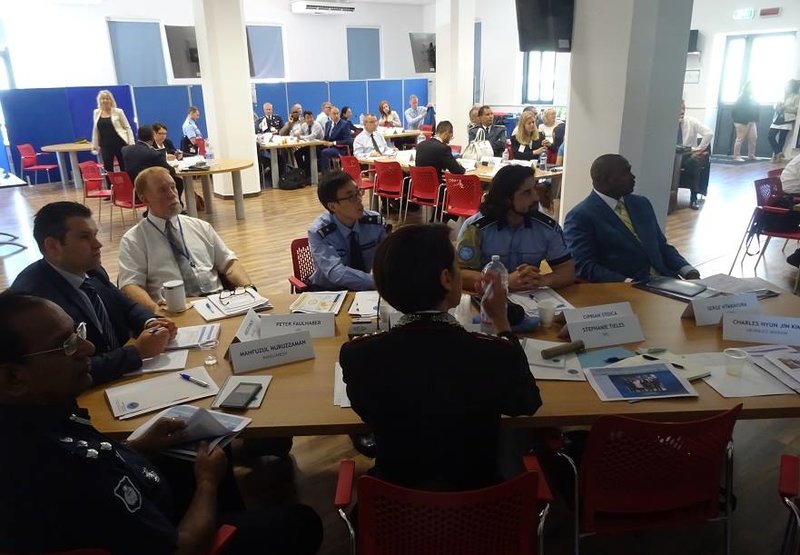Police administration is the backbone of UN policing. Many UNPOL come to peacekeeping missions with extensive experience in capacity-building, or operations, or command in their home countries.
But performing administrative functions within the unique environment of a UN police component may be the most challenging to comprehend. Yet, without efficient and effective systems to process payroll, manage vehicles, promote staff welfare, assess performance or ensure appropriate conduct, peacekeepers cannot perform any of their mandated tasks.
The workshop for the development of these Guidelines took place in Brindisi, Italy, at the base of the Standing Police Capacity from 19-21 July 2016. Organised by the United Nations in cooperation with the Government of Italy and the Center of Excellence for Stability Police Units (CoESPU), the event brought together 45 participants from 32 Member States, regional and international partners, think tanks and government agencies, as well as senior administrative officers from six UN missions.
The Guidelines are considered a kind of ‘handbook’ on police administration within a United Nations context. They provide Heads of Police Components (HOPCs), Police Chiefs of Staff (Police COS) and other senior staff with a clearer understanding of what police administration entails and how it fits within the everyday functioning of a United Nations field mission. The Guidelines empower police personnel serving in the component’s Administration Pillar to create and sustain an enabling environment for the conduct of a police component’s mandate-related activities.
With a view to harmonizing police practice across field missions, the Guidelines provide direction on broader administration-related matters, including the general structure of a police component, the development of its strategic plans, and coordination with the chiefs of other component pillars and police planning personnel.
To download the Guidelines on Police Administration, click here.


